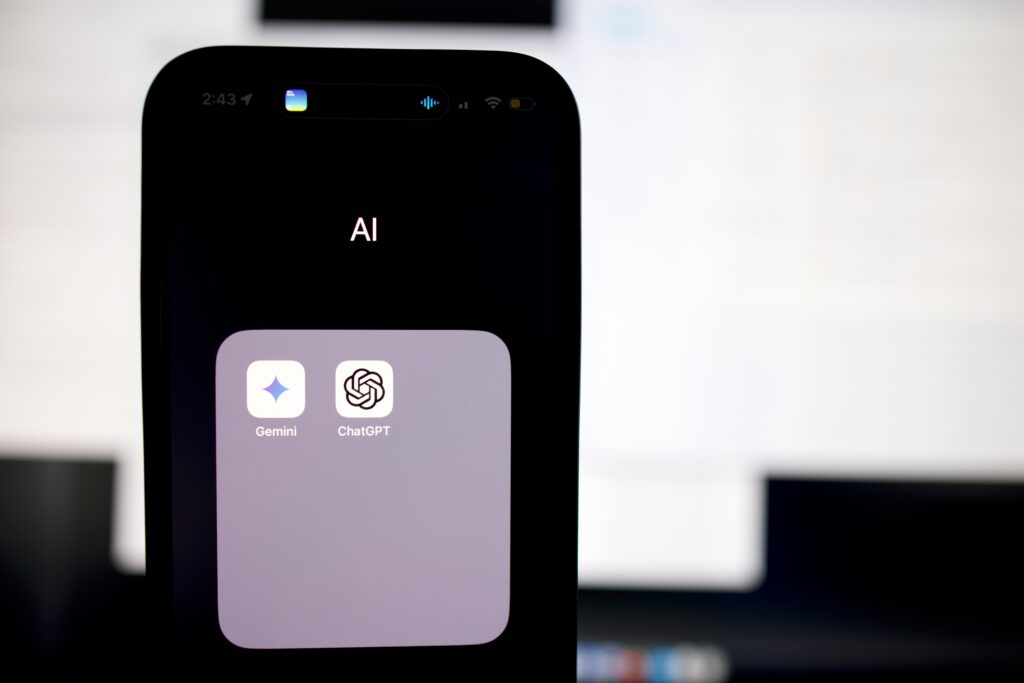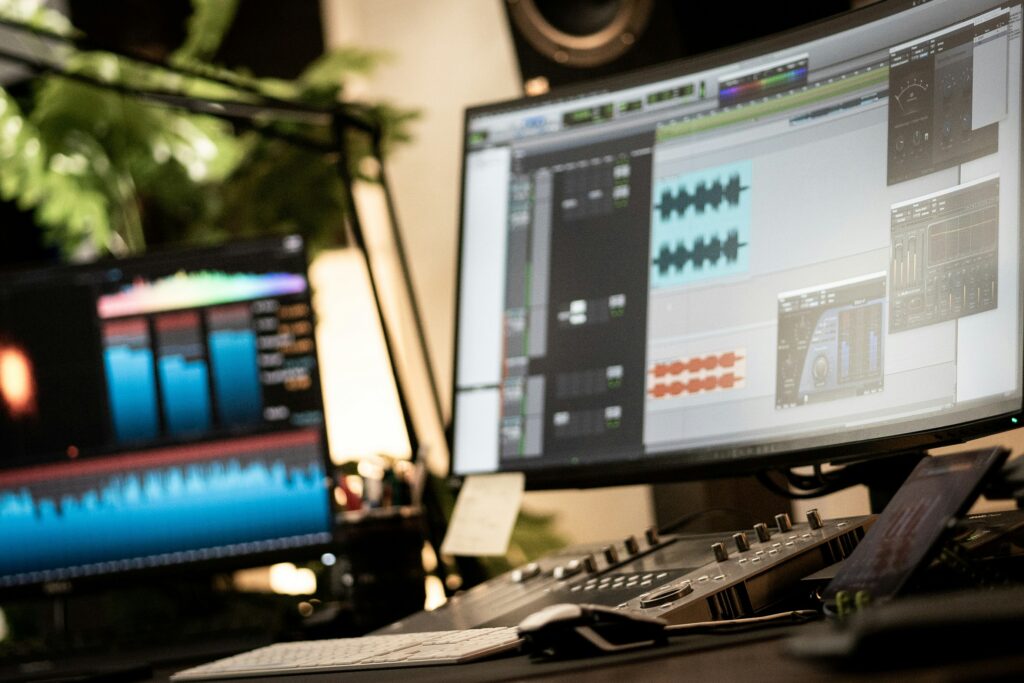Where AI Misses the Mark in Music Contracts
AI is a game changer for a lot of things: brainstorming, quick definitions, industry insight, even drafting all types of tedious writing takes. However, when it comes to legally sound music contracts, it’s not always in tune.
If you’re an artist, producer, manager, or just starting out in the music business, it’s entirely logical and tempting to ask ChatGPT or Claude to explain or draft a contract. Be careful: while it can give you a basic overview, there are a few key areas where it often misses the mark. Below we’ll break down what AI tends to get wrong about music contracts and the far reaching implications.

1. AI Oversimplifies Complex Legal Language
Music contracts are filled with nuanced legal terminology that can make or break your rights. Phrases like “recoupable expenses,” “controlled compositions,” and “reversion of rights” carry serious and lasting implications, and ChatGPT often glosses over them or explains them too generally. That can lead to misunderstandings about what you’re actually signing.
Example: Claude might say “a recoupable expense is something the label pays for and then gets paid back later.” True, but it often fails to explain how it’s recouped (usually from your royalties), or that you may never actually see a royalty check because of it.
2. AI Assumes a One-Size-Fits-All Model
Not all contracts are created equal. A Distribution Agreement is different from a 360 Deal. A Producer Agreement has different expectations than a Co-Writing Agreement. AI often gives generic, catch-all responses that don’t account for the huge differences in contract types and deal structures.
You might get a boilerplate answer that sounds good but doesn’t reflect the specifics of your situation, territory, genre, or role in the music-making process.

3. AI Doesn’t Reflect Industry Trends or Local Laws
The music industry moves fast. What was common five years ago (like heavily skewed 360 Deals or specific streaming revenue splits) may not apply now. And let’s not forget: Music Law varies from country to country and sometimes state to state.
ChatGPT or Claude doesn’t always clarify whether they’re referencing U.S. law, UK law, or something else entirely. That can lead to confusion or reliance on advice that just doesn’t apply to your market.
4. AI Lacks Human Context and Negotiation Strategy
This one’s big. Like all contracts, Music contracts have meaning far beyond what’s written on paper. They are about leverage, timing, relationships, and long-term vision. ChatGPT can’t assess your bargaining power, the reputation of the label or publisher you’re dealing with, or what might be reasonable to ask for in a negotiation.
A real entertainment lawyer will ask questions like:
- What’s your current streaming traction?
- Are you self-releasing or in talks with majors?
- Do you want to own your masters or license them?
ChatGPT? It’s not going to tailor advice to your career trajectory.
5. AI Doesn’t Replace Legal Counsel (No Matter How Confident and Polished It Sounds)
This might seem obvious, but it’s worth repeating: ChatGPT is not a lawyer. It can be incredibly convincing, even confident in its tone. But, that doesn’t mean it’s correct. Using ChatGPT to draft or review a music contract without involving a real attorney is like mixing and mastering your album with laptop speakers: you might get something usable, but you’re also likely missing crucial detail.

So… Is AI Useless for Music Contracts?
Not at all! It’s great for:
- Learning basic terms
- Understanding the general structure of a deal
- Prepping for conversations with your team or lawyer
- Brainstorming red flags to look out for
But think of it as your research assistant, not your lawyer. The music business is too high-stakes to rely on AI alone when your rights, royalties, and future are on the line.
Final Thought: Don’t Sign Anything You Don’t Fully Understand
If a contract seems confusing, it’s not because you’re not smart enough to understand it—it’s because contracts are confusing. That’s by design. Get help. Ask questions. Invest in a good entertainment lawyer. And if you’re using AI along the way? Cool—just know when to turn to a real human for the important stuff. At Music Law Contracts, our contracts are drafted and backed by industry experts and supported beyond the purchase for your questions and peace of mind.
